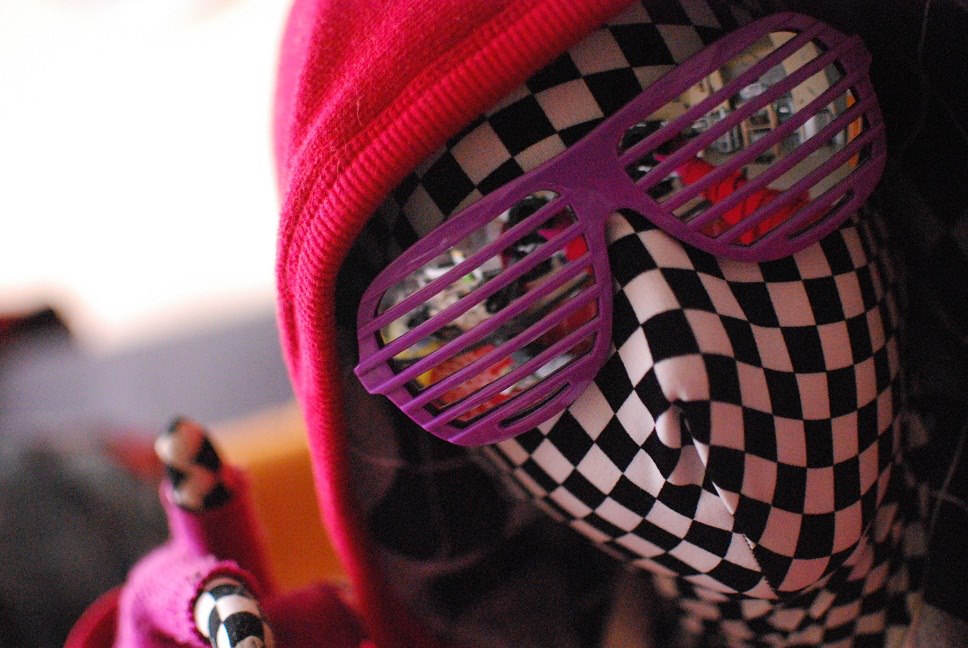It has become a sort of pop-psychology truism that people who engage in prejudicial behaviour are doing so from a place of insecurity. It makes intuitive sense that if you don’t feel good about yourself, you can bring yourself up by tearing others down. Indeed, there is some evidence that threats to self-concept are likely to result in a preference bias toward the majority group (even among minority group members).
In a study by Ashton-James and Tracy, the authors propose a new hypothesis. They refer to the psychological literature that suggests that pride has two basic forms: hubristic and authentic. Hubristic pride refers to the kind of pride that is directed at one’s innate self-worth and deservedness – a kind of self-congratulatory, self-centred pride that is associated with narcissism and defensive self-esteem. Authentic pride, on the other hand, refers to pride taken in one’s accomplishments based on hard work rather than, for lack of a better term, special snowflakeness – it is associated with secure self-esteem.
The authors posit that hubristic pride will lead to increased prejudicial attitudes and behaviours, whereas authentic pride will lead to more compassionate attitudes and behaviours. They arrive at this hypothesis based on literature that suggests a relationship between self-esteem insecurity and prejudice. They go on to suggest that empathic concern is the mechanism by which this relationship manifests itself, since people who are more secure in their self-esteem are more likely to be able to be outwardly focussed and respond to the needs of others.
In order to test this hypothesis, the authors conducted three experiments, as well as a pilot study. [Read more…]


 On its own, divorced from context, this is exactly the kind of compliment you would like to receive from a friend – that you are hard-working and capable, and attractive to boot. However, eyebrows were of course raised because this isn’t just one buddy saying a nice thing about another – this is the President of the United States making the physical appearance of the Attorney General of California an issue. It is somewhat inconceivable that he would give a man the same kind of compliment in that situation. And in an environment where women’s appearance is used to dismiss or denigrate their competence –
On its own, divorced from context, this is exactly the kind of compliment you would like to receive from a friend – that you are hard-working and capable, and attractive to boot. However, eyebrows were of course raised because this isn’t just one buddy saying a nice thing about another – this is the President of the United States making the physical appearance of the Attorney General of California an issue. It is somewhat inconceivable that he would give a man the same kind of compliment in that situation. And in an environment where women’s appearance is used to dismiss or denigrate their competence –